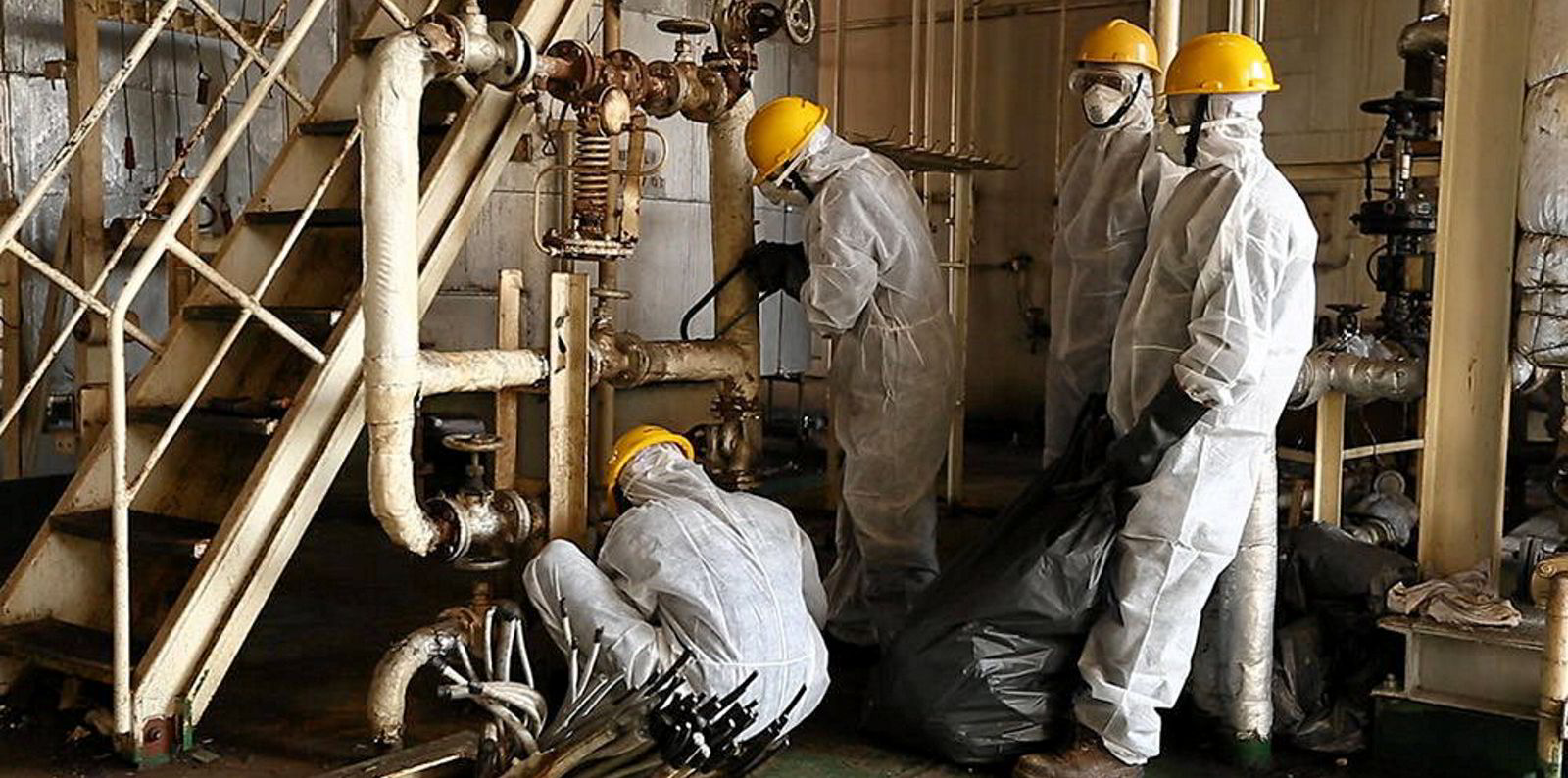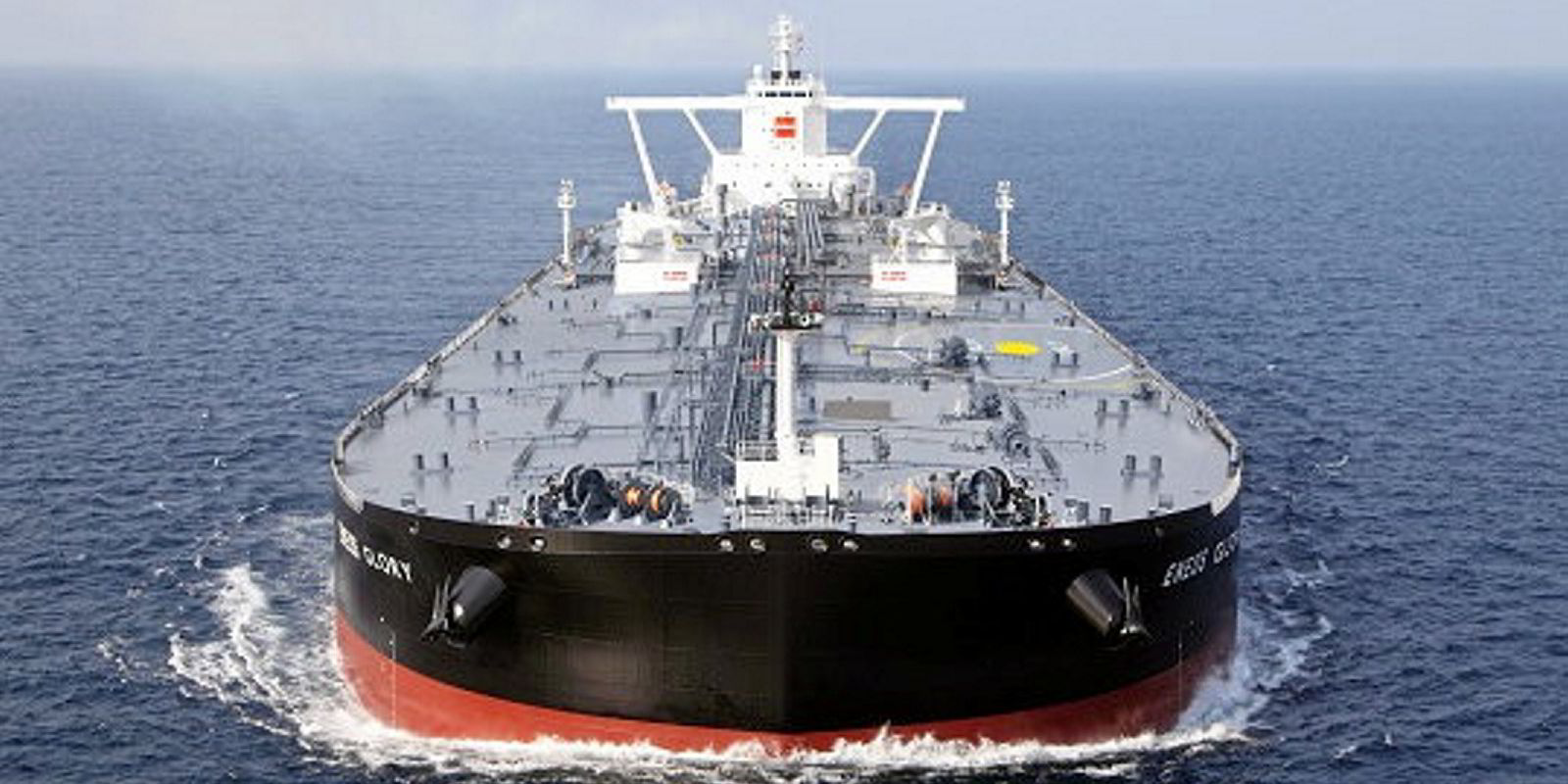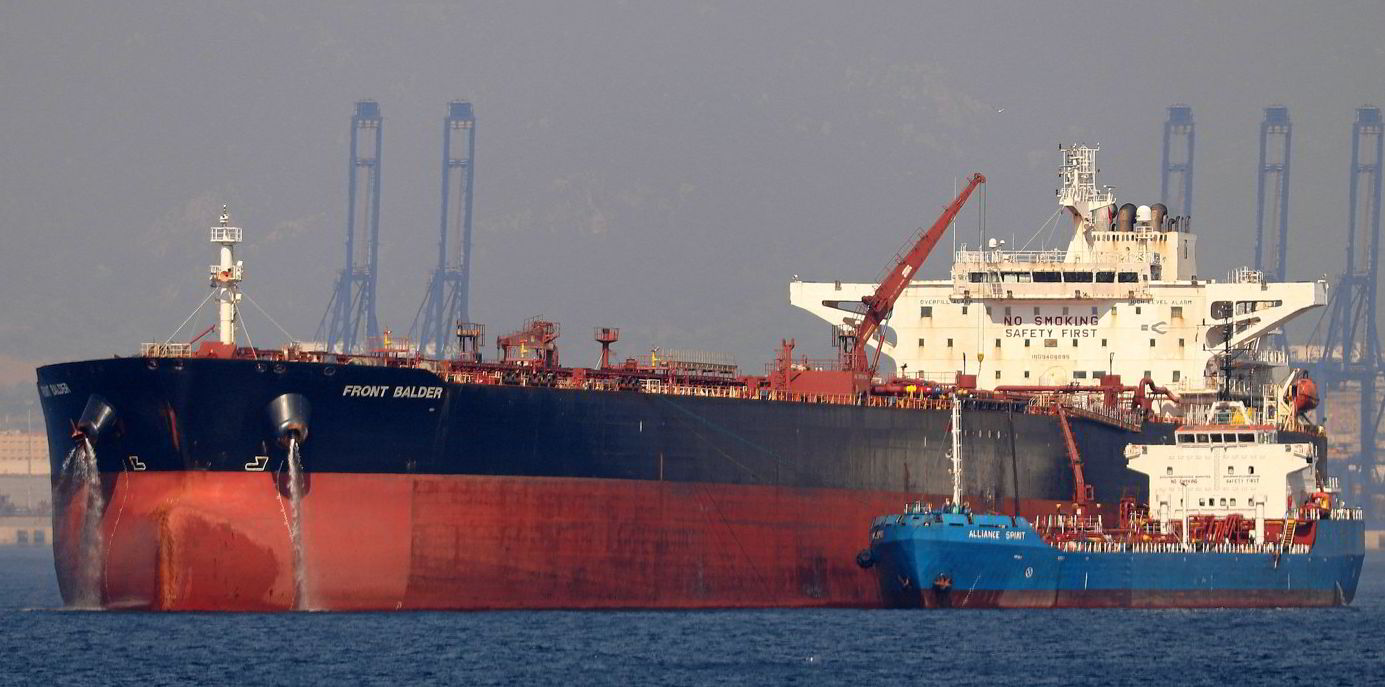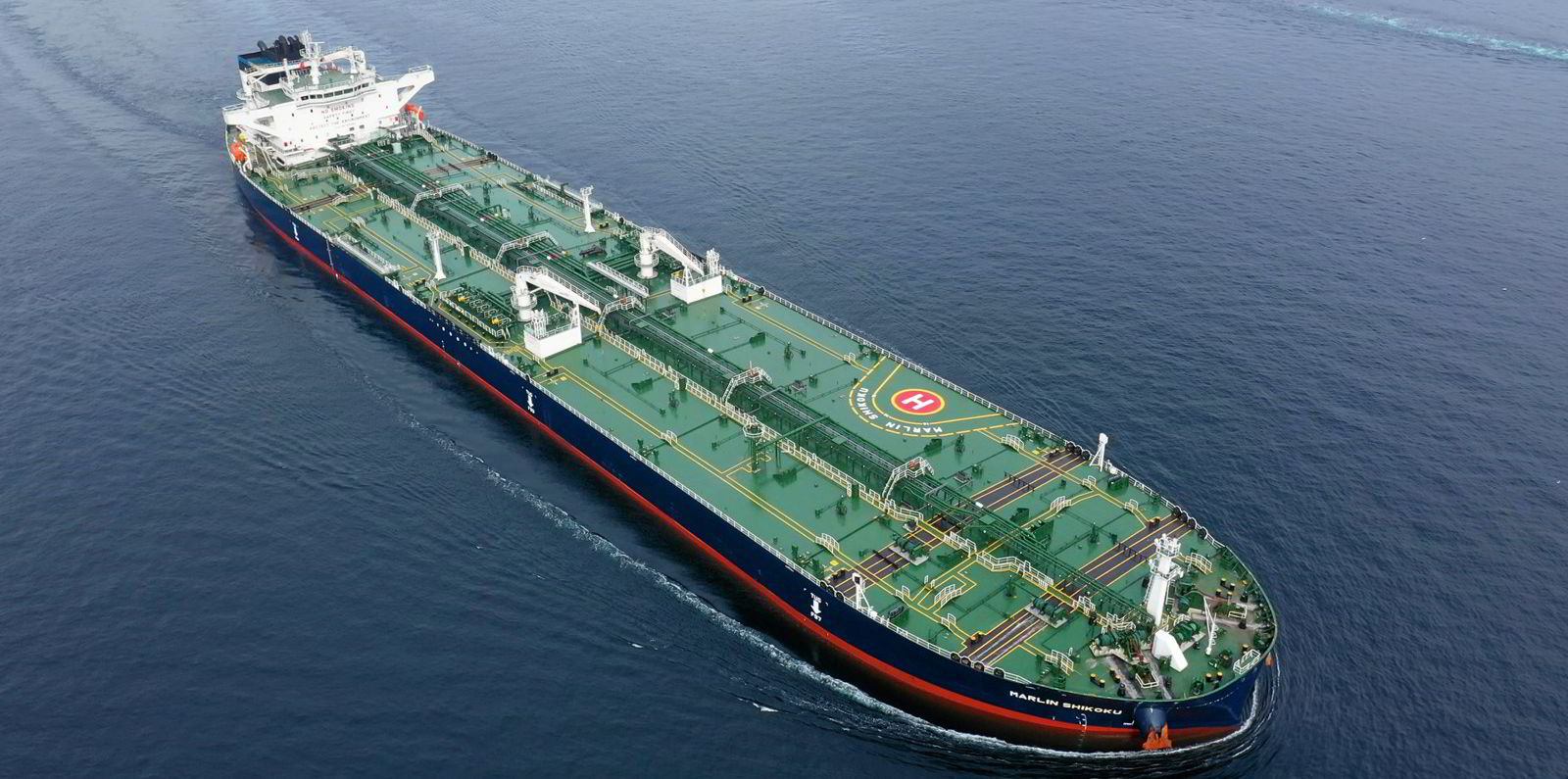Alphatanker has predicted much more tanker scrapping this year amid a “perfect storm” of regulatory pressure and severe tonnage oversupply.
In a weekly note, the AXSMarine research unit forecast that 93 crude and product tankers larger than 34,000 dwt would be recycled in 2021.
These includes 25 VLCCs, 14 suezmaxes, 21 aframaxes, 2 LR2s and 18 MR2s.
In comparison, 2020 saw extremely limited demolition activity due to high charter rates, with only 25 tankers sent to junkyards.
“The combination of a poor fourth-quarter [market], a challenging outlook for the first half of 2021 and the steady wind-down in floating storage set against the backdrop of significant regulatory pressure would lead owners to look to demolish their vintage tonnage,” Alphatanker said.
“Furthermore, considering recent higher bunker costs in the wake of firmer oil prices, spot tanker earnings have recently taken a nosedive so that many earnings do not cover operating expenses let alone capital amortisation.”
The International Maritime Organization has required vessels to be installed with ballast water treatment systems during their next special survey to protect the ocean environment.
Such equipment would cost about $4m for a VLCC, although the prices would drop depending on tanker size.
Alphatanker said this would be “a significant and risky investment unless the tonnage has secured employment”, considering falling asset prices and weak tanker rates.
Tankers passing their fourth survey at 20 years old or fifth at 25 years old will make good candidates for scrapping, Alphatanker added.
BRS data shows 91 tankers will be hit the 20-year mark in 2021, and 34 tankers will be 25.
Increased activity
TradeWinds reported at least three VLCCs, including the 303,000-dwt tanker Eurodestiny (built 2003), have been sold for scrapping since the beginning of this year.
The rising demolition activity can be attributed to softening asset prices and firm recycle rates, according to Alphatanker.
“Secondhand prices for vintage crude tankers have softened over the past six weeks driven by a surfeit of vintage tonnage on the sale and purchase market,” the note said.
“The upshot is that we now believe that the resale price for 20-year old tankers is now rapidly closing on their scrap price, especially for crude tankers.”
Historically, large tanker scrapping usually occurs when scrap values exceed secondhand prices of aged ships.
Sharing similar views to many others, Alphatanker said the tanker markets would only enjoy a sustainable recover when more shipowners scrap their ships to reduce supply.
Its analysts believe that scrapping in the first half of this year, coupled with oil demand recovery later on, could lead to the return of firm rates in the fourth quarter.






